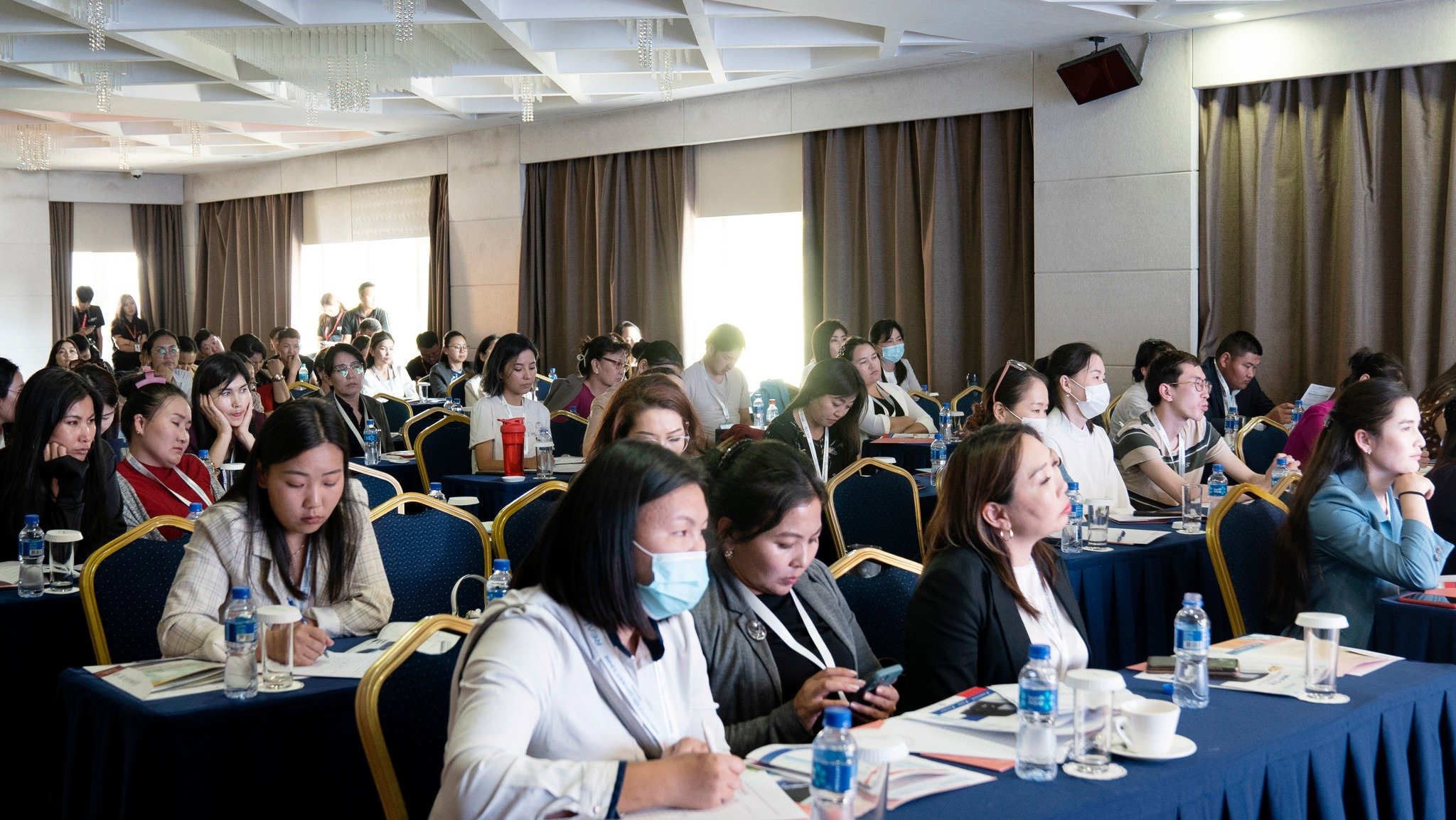Germany in Europe: the engine that couldn’t

This essay originally appeared in ‘Past and Present: to learn from history‘, 2020, published by Bokförlaget Stolpe, in collaboration with the Axel and Margaret Ax:son Johnson Foundation.
Not that long ago, German chancellor Angela Merkel was feted as the uncrowned empress of the latter-day Holy Roman Empire, aka the EU. Her country boasted the world’s fourth-largest GDP, and Europe’s biggest. Number one in population, Germany occupied the strategic centre of the continent. According to a BBC poll in 2014, the heirs of Hitler were ranked as the most likeable nation in the world. (Currently, it is in the second spot after Canada.) Even better, for the first time in modern history, this Germany was neither threat nor prey. It was encircled only by friends.
The ‘Fourth Reich’, to recall a fashionable phrase after reunification in 1990, did not materialise. Primacy had fallen into Mrs Merkel’s lap like a ripe plum without a shot being fired. The new Germany’s politics were stable and moderate. It was safely embedded in the European and Atlantic community. So, this ‘soft hegemon’, was a shoo-in for leadership as the anchor and engine of the European Union.
At the end of her fourth term, Merkel might muse like Shakespeare’s Henry IV how ‘uneasy lies the head that wears a crown’. At home, she has stumbled thrice. Her first misstep was the Energiewende, the panicky reaction to the tsunami that inundated the nuclear installation in Fukushima in 2011. Only one worker there was killed by radiation; some 2,200 fatalities in the larger population were caused by factors related to the inundation. Yet Germany would close all of its nine nuclear power plants by 2022 and transition out of fossil fuels by 2050, she proclaimed. Today, Germany has the highest electricity costs in Europe, while its CO2 output has remained constant in the last decade. All told, Germany’s ‘energy transition’ might cost a trillion euros
The second blunder was to open Germany’s borders to about a million migrants and refugees in 2015. It was a lofty humanitarian gesture, but one that made Merkel’s ratings plummet while driving voters into the arms of the xenophobic rightwing ‘Alternative for Germany‘. Founded as a splinter party in 2013, the AfD entered into parliament in 2017 and now scores a stable 14 percent in the polls – even in the 20s in the former GDR. In the 2017 elections, the share of the Christian Democrats droppedby nine points.
Merkel’s third tragedy of good intentions was the euro. Driven by Germany, the project was to fuse Europe’s currencies into one – the boldest step yet toward a ‘more perfect union’. What might have made sense politically, has turned into an economist’s headache. How to impose a one-size-fits-all currency on countries that marched to different macro-economic drummers? There was ‘Club Med’ – from Iberia via France and Italy to Greece – that consistently overspent and tried to remain competitive by regular devaluation. Yet that backdoor was closed under the euro. Then there was ‘Club North’ headed by Germany, which insisted on fiscal rigour and ‘internal devaluation’, that is, wage restraint and efficient markets.
To keep them all in line, Germany invented the ‘Stability Pact’ that would limit debt and deficits. Above all, the pre-Merkel Maastricht Treaty was centred on a no-bailout clause that prohibited the ‘Europeanisation’ of the debts of member countries, with the frugal having to pay for the spend thrift. Call this the ‘Germanisation’ of EU macro-economic policy. The idea had two flaws.
First, one-size-fits-all was good for Germany and not so good for the rest. Basically, the currency is too cheap for Germany, forever driving its export surpluses – and too expensive for Club Med whose members, unable or unwilling to submit to painful reforms, lost competitiveness on international markets.
Secondly, serious imbalances developed. The most grievous example of course is Greece. Since 2010, it has received three bailouts worth 310 billion from euro member states and the IMF. As the richest economy, Germany paid the most. Italy looms as next candidate, but as the Euro-zone’s third-largest economy, it could not be saved, as Greece has been. Naturally, Merkel’s electorate is not amused to be cast in the role of Euroland’s largest debt funder.
The ‘best-laid schemes’ do ‘gang aft a-gley’. To translate Robert Burns into plain English: the Germans could crack the whip, but not win the race. They had mismeasured their power. In the run-up to monetary union, during the period of ‘convergence’, Club Med (and Ireland) did swallow the nasty medicine ordered by Herr Doktor. But once they were in, virtue begat vice. Now Italians could still splurge like Italians, but borrow like Germans. The PIIGS, as Portugal, Italy, Ireland, Greece and Spain used to be called, no longer had to pay a devaluation premium for loans denominated in francs, lire or drachmas. Bonds were now issued in solid-gold euros, and yields plummeted across Euroland. The PIIGS could suck in hundreds of billions at rates just a bit above Germany’s.
A first-year PPE student could have predicted what followed. Government spending soared, private borrowing exploded, real-estate bubbles built up – until they burst in the Crash of ’08. Germany was left holding the bag. Berlin did press the sinners to recant, but still did pay up or guarantee liabilities, which still did not endear Frau Merkel and her finance minister Herr Schäuble to the rest. We need not regurgitate the epithets ranging from ‘Fourth Reich’ to ‘crimes against humanity’, ‘arrogance’ and ‘imperialism’, with Nazi cartoons thrown in.



